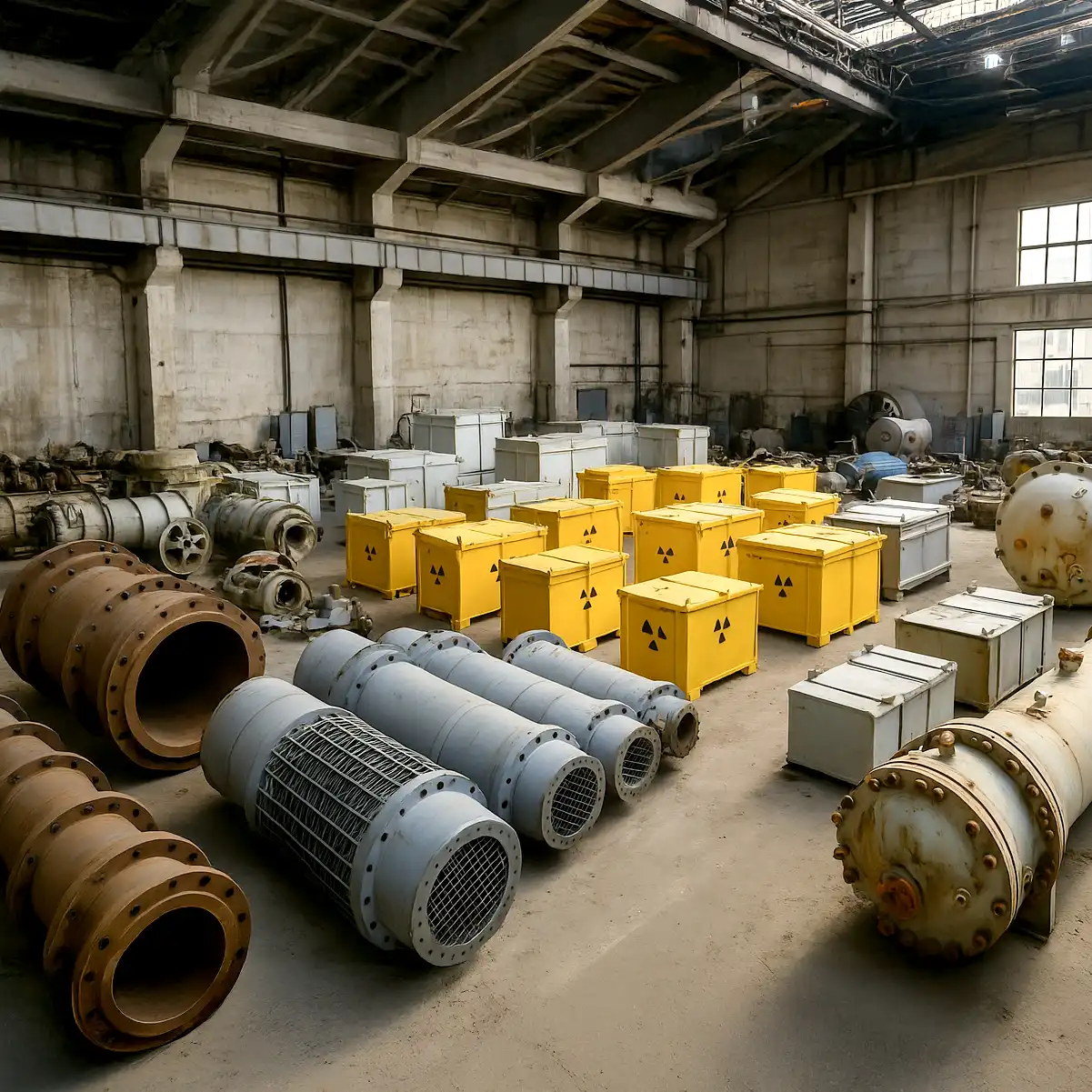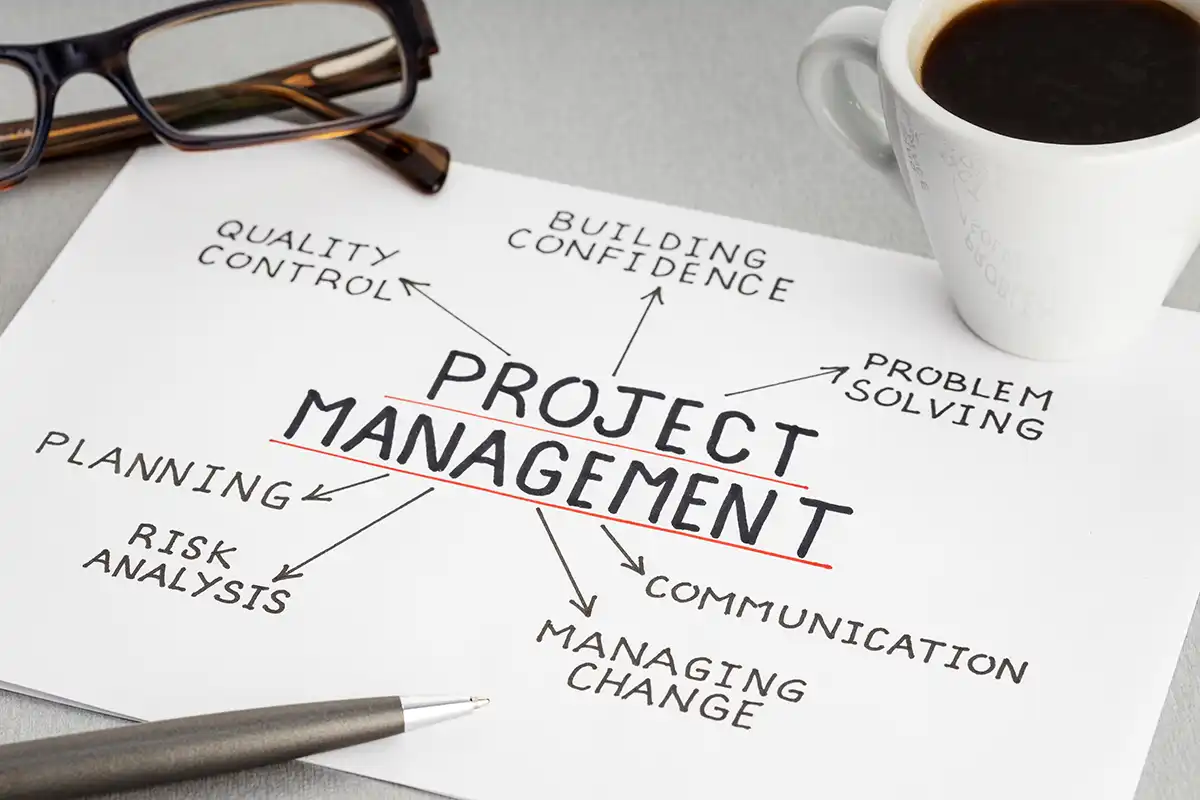Clarity Through Structure
Establishing Waste Treatment Processes in Nuclear Decommissioning
Project Situation at the Beginning
Decommissioning a nuclear power plant involves more than just dismantling components. It requires a controlled, transparent handling of all residual materials, from decontamination to interim storage and final disposal.
Our client, a nuclear power plant in Germany, had already begun decommissioning activities and installed initial systems for disassembly and decontamination.
But when we asked the head of waste treatment a simple question: “What exactly does your waste treatment factory look like?” His honest answer was: “That’s a good question.”
There was no comprehensive overview of the process, no clear visualization of workflows, interfaces, or responsibilities, a gap both operationally and strategically.
Our Contribution
In several confidential one-on-one sessions, we worked side by side with the department head to:
-
Identify all systems, process steps, and interfaces of the waste treatment operation
-
Visualize the entire material flow from disassembly to decontamination to disposal
-
Create a concise one-pager that provided a clear overview of the entire process chain
-
Integrate a progress monitoring tool that tracked implementation status for each step and system
The full concept was developed in four weeks, requiring only 4 × 2.5 hours of input from the client, a minimal time investment with maximum clarity.
Project Situation After Completion
-
The one-pager was adopted across the plant: Within two weeks it appeared on nearly every whiteboard
-
The management used it for briefings, reporting, and controlling decommissioning progress
-
The integrated tracking feature enabled early identification of delays and risks
-
While the exact cost savings are hard to quantify, the structure created became a key tool for avoiding high-risk mistakes, potentially preventing losses in the millions
Project Situation After Completion
-
The one-pager was adopted across the plant: Within two weeks it appeared on nearly every whiteboard
-
The management used it for briefings, reporting, and controlling decommissioning progress
-
The integrated tracking feature enabled early identification of delays and risks
-
While the exact cost savings are hard to quantify, the structure created became a key tool for avoiding high-risk mistakes, potentially preventing losses in the millions
Client Voice
“Mr. Zech asked the right questions. His strategic view and ability to connect the dots created a level of clarity we’d never had before, not just for me, but for the entire team.
These one-on-one discussions sharpened my perspective. Without his methodical approach and experience, we wouldn’t have achieved these results so quickly and efficiently.”



